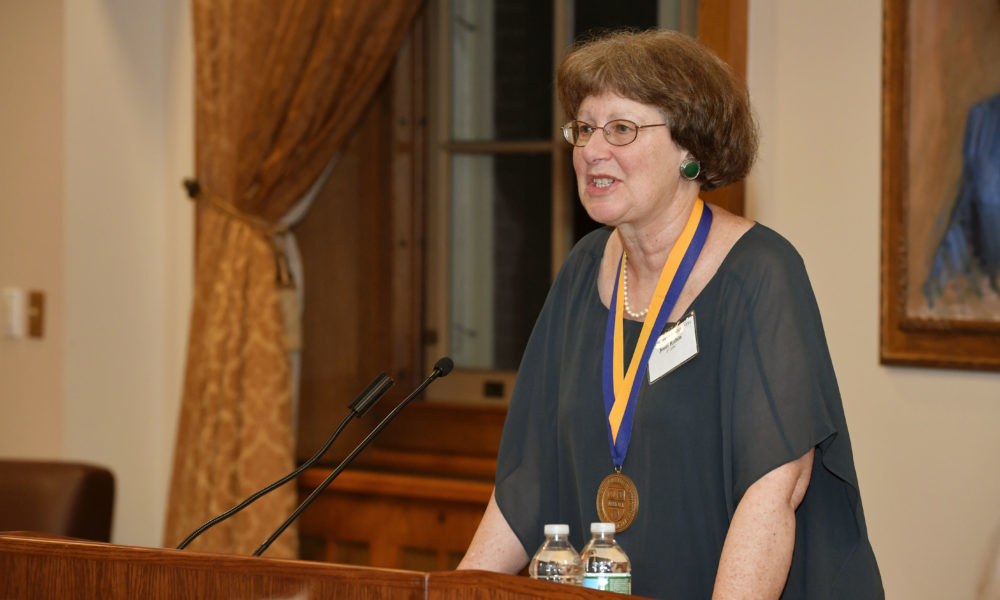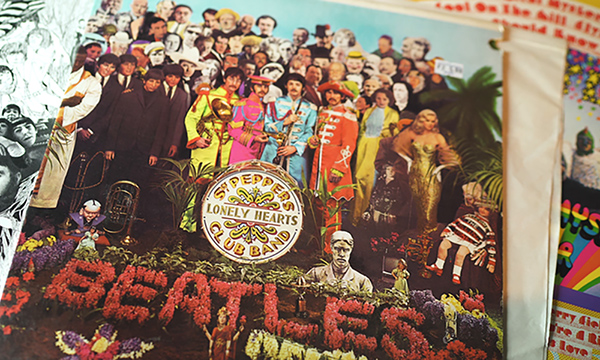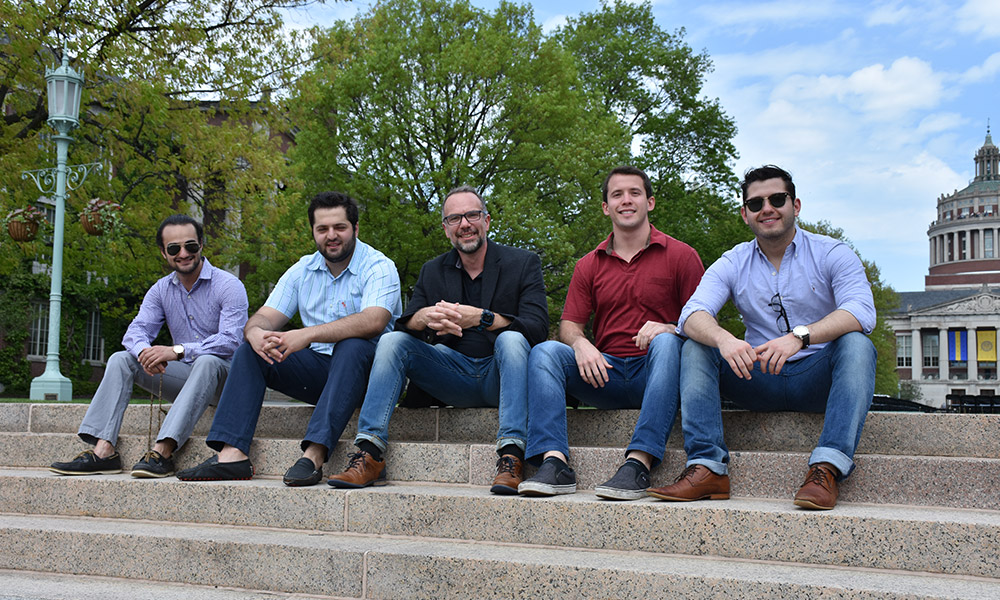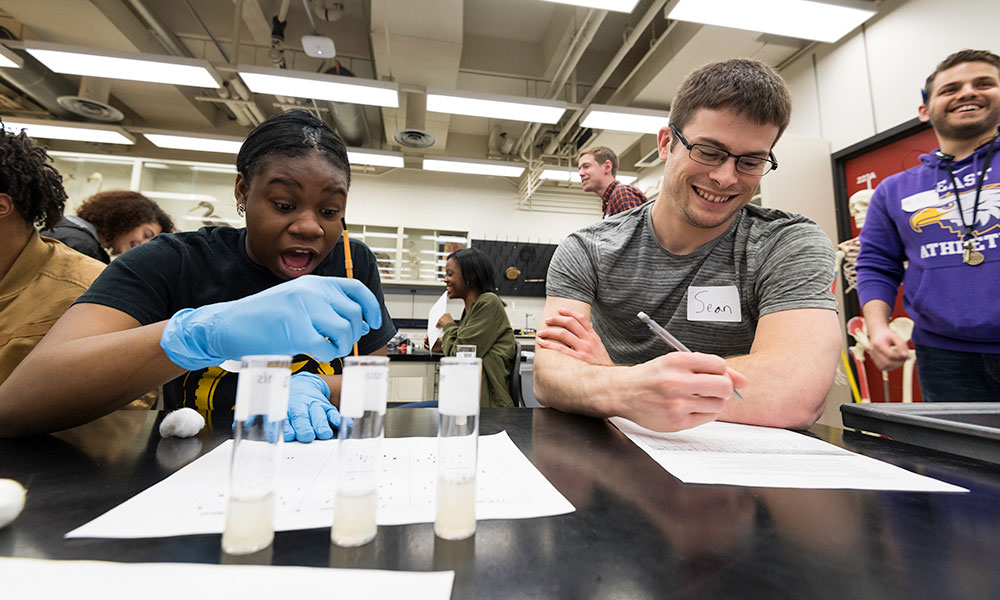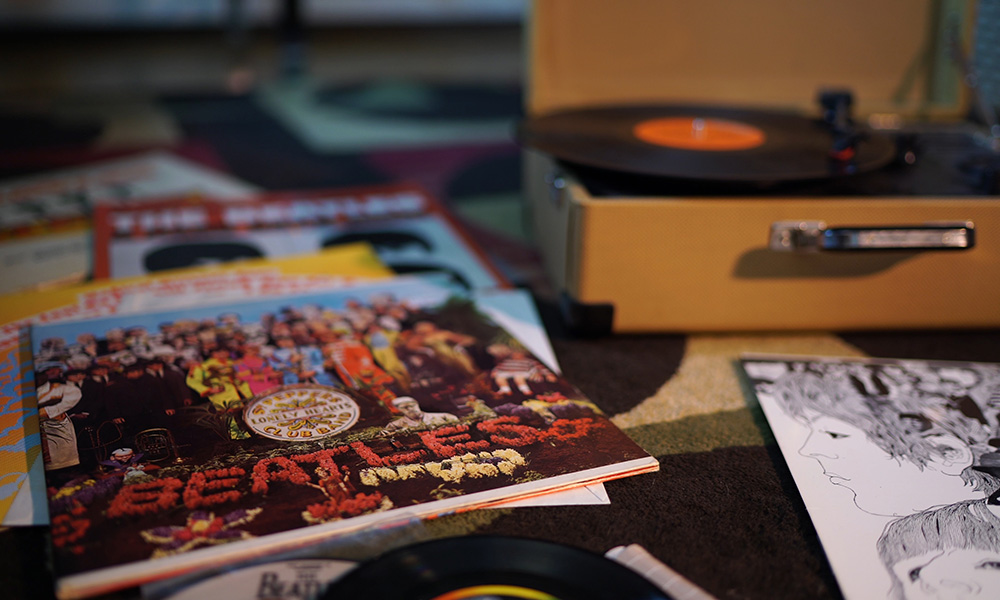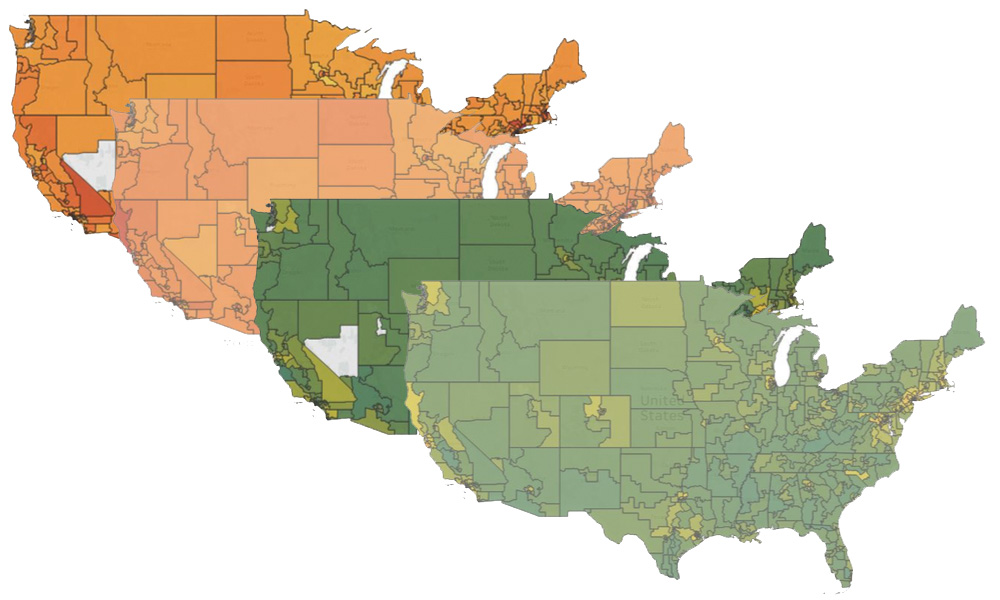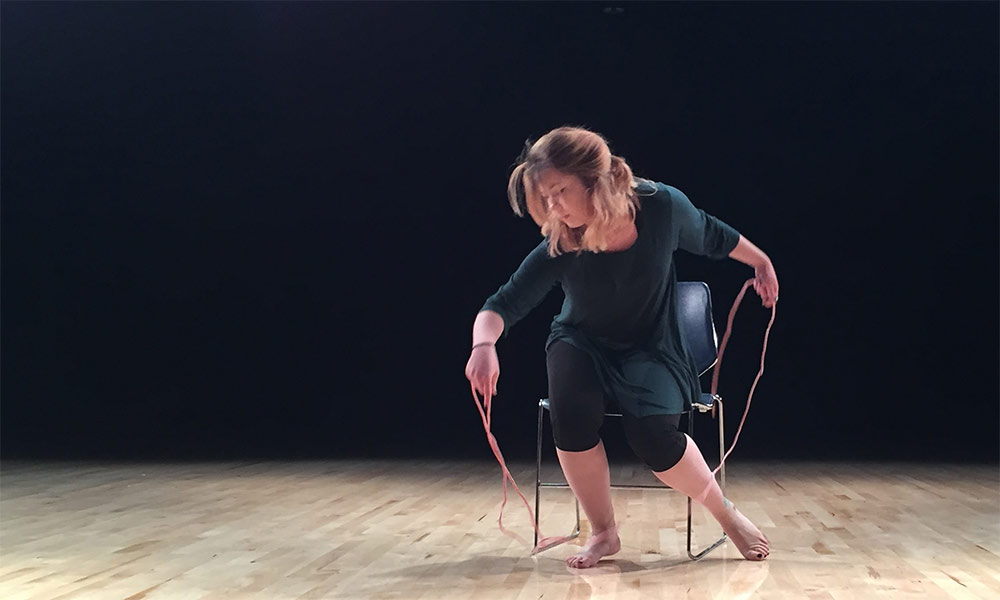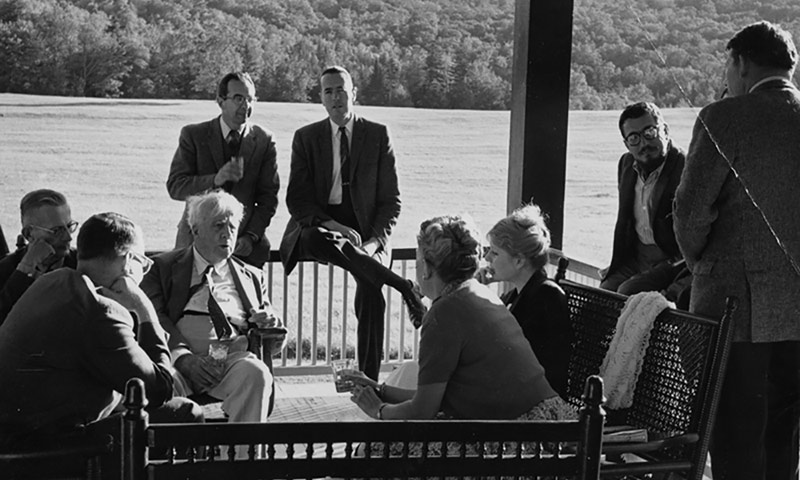
The Arts
Jennifer Grotz will direct Bread Loaf Writers’ Conferences
June 5, 2017
Poet Jennifer Grotz, a professor of English, has been named the next director of the Middlebury Bread Loaf Writers’ Conferences. She is the first woman to serve as director of the oldest American conference for writers.

